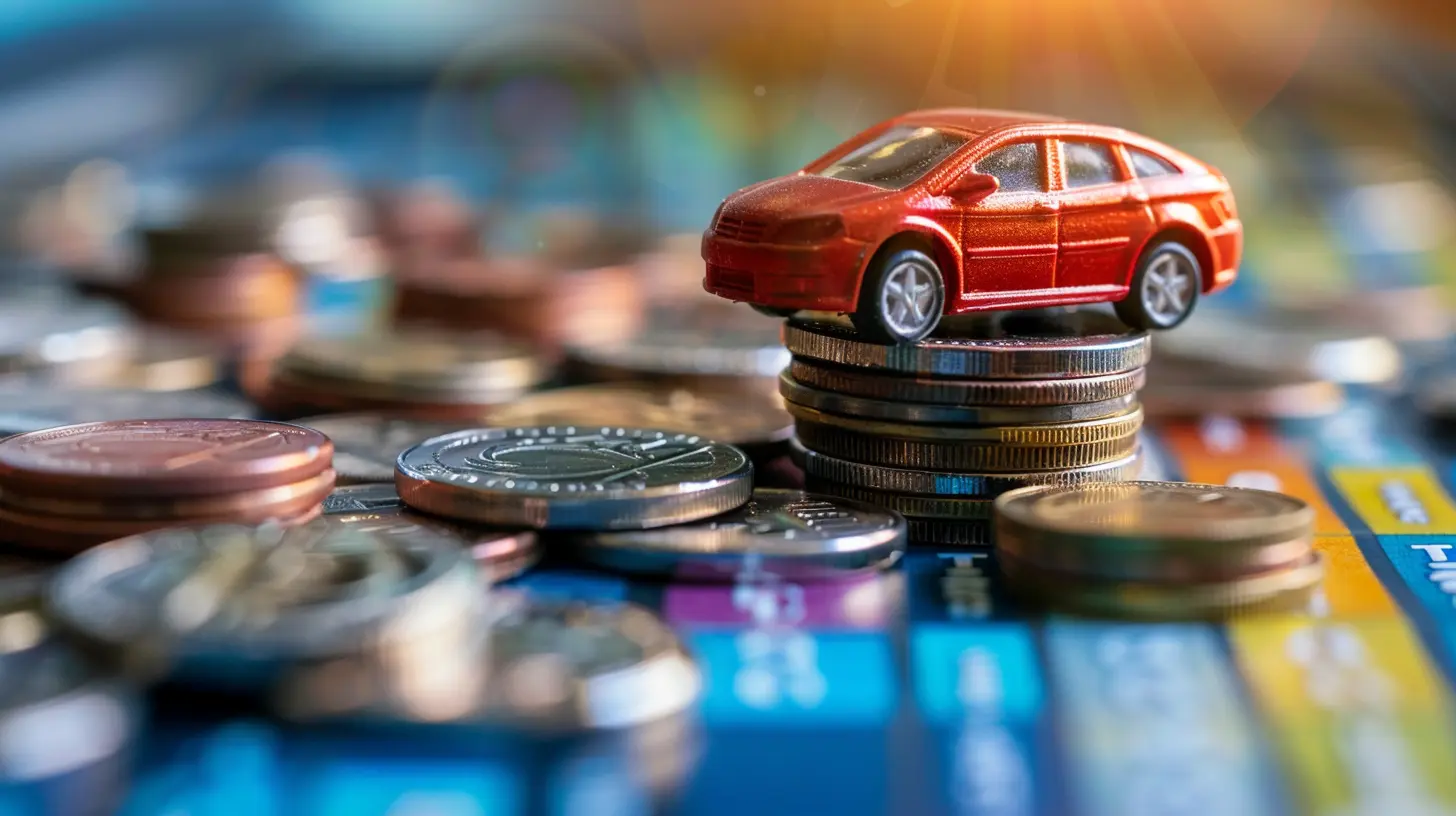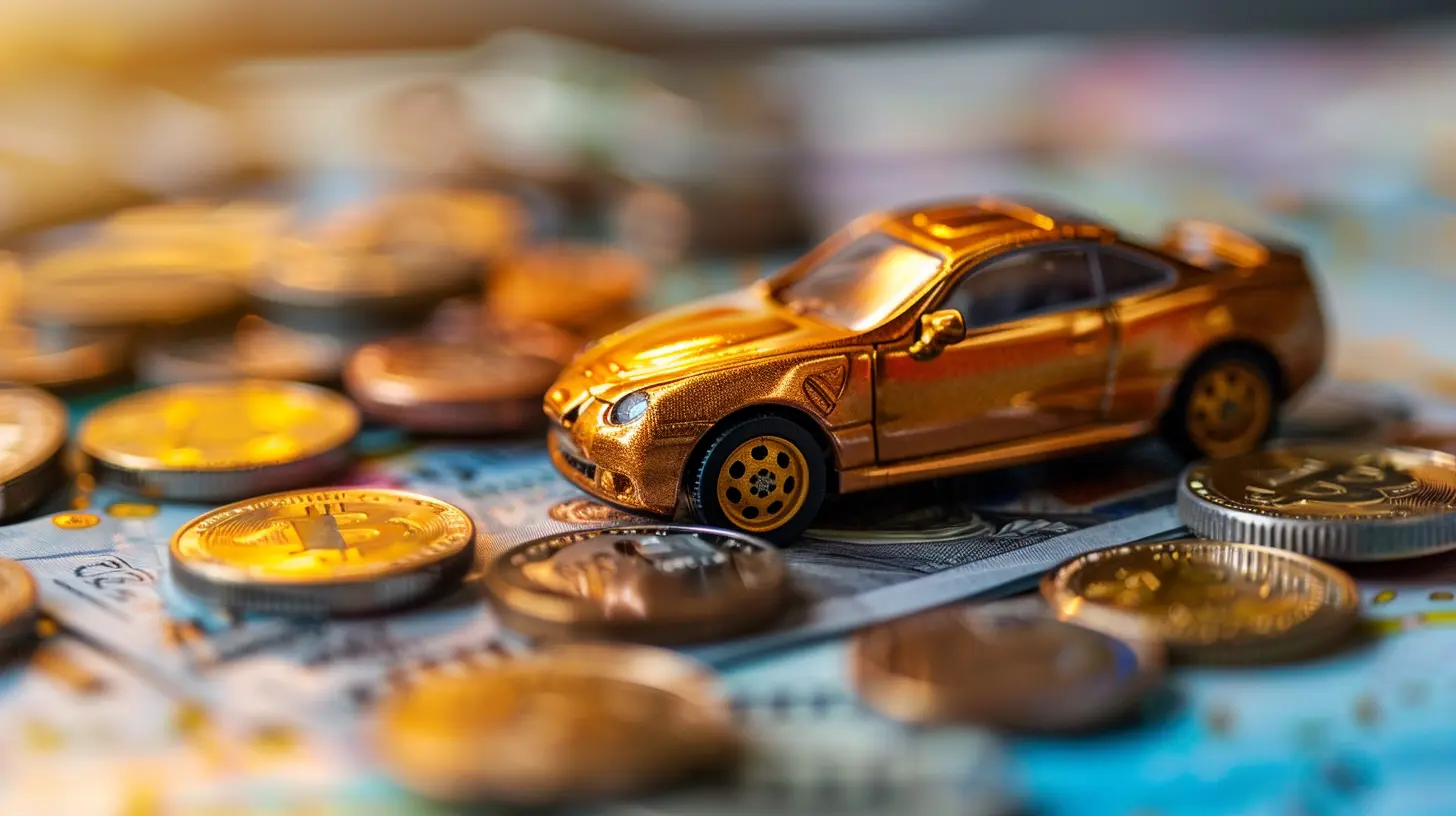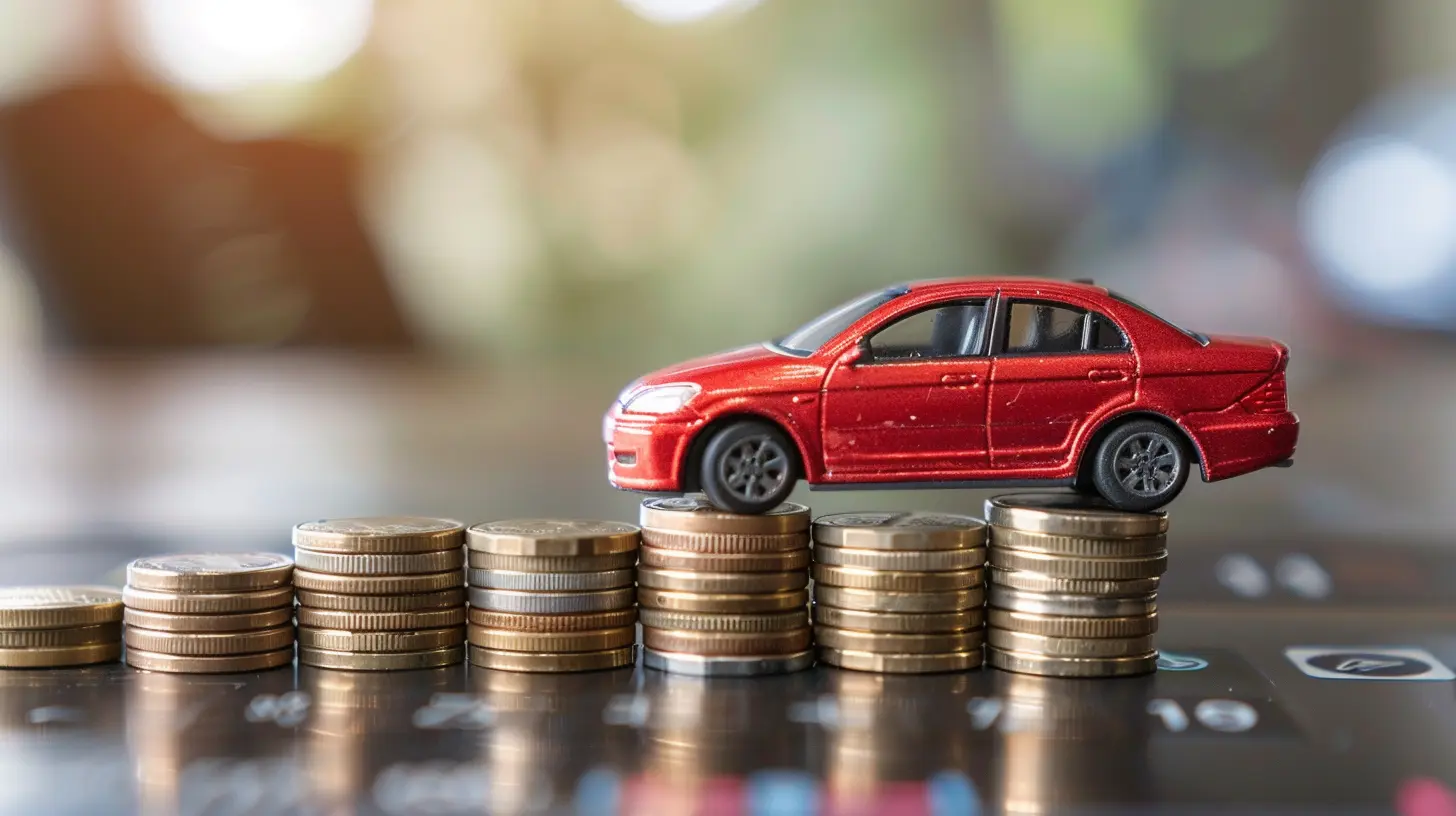How Auto Sales Reflect Broader Economic Conditions
17 September 2025
Ever notice how car commercials suddenly get more aggressive when the economy hits a rough patch? Or how dealerships seem eerily empty during a recession? It's not a coincidence. Auto sales might just be one of the best barometers for measuring the temperature of an economy. Let that sink in—car buying behavior can actually tell us a lot about how the economy is doing.
You might be wondering, “How can something as simple as car sales say so much?” Well, buckle up. We're diving into how those shiny new rides rolling off dealership lots reveal far more than you might think about our financial health.
The Basics: Why Auto Sales Matter in Economics
Cars aren’t just a way to get from point A to point B—they’re big-ticket items. Buying a car is a major financial decision for most people. So when people are confident in their financial future, they feel more comfortable making that decision. That confidence, or lack thereof, ripples through the economy.Think of It Like a Mirror 📉📈
Auto sales reflect what’s going on in people’s wallets. Imagine trying to peer into your bank account through a foggy mirror. Car sales help wipe that mirror clean. When auto sales are booming, it usually means:- People are employed and earning well
- Credit is easy to access
- Gas prices are bearable
- Consumer confidence is high
If car sales are slumping? It might mean the opposite.
A Pulse Check on Consumer Confidence
Let’s talk psychology for a second. People don't buy cars when they're nervous. If you're worried about your job, inflation, or rising interest rates, you’ll probably put off buying that SUV you’ve been eyeing, right?Confidence Drives Choices
Consumer confidence is one of the driving forces behind auto sales (pun intended). When people feel secure, they're more willing to take on auto loans, make down payments, and commit to years of monthly payments.Luxury vehicles, hybrid models, or even those nice-to-have features like leather interiors? These tend to sell more when confidence is high. During shaky economic periods, on the other hand, sales might shift more towards used cars or basic models.
Auto Loans: A View into the Credit Market
Let’s not forget about the financing side of things. Most people don't just walk into a dealership with a suitcase full of cash (unless you’re in a movie). They finance their cars, which ties auto sales closely to the credit market.Interest Rates Make a Huge Difference
When central banks (like the Federal Reserve) raise interest rates, borrowing becomes more expensive. Auto loans get pricier. This often leads to a dip in auto sales, especially among budget-conscious buyers. On the flip side, when interest rates are low, car dealerships are buzzing.So, follow the interest rate trail. Changes here can have a direct and almost immediate impact on auto sales.
Supply Chain Woes and Economic Disruptions
Remember the pandemic-induced chip shortage? Dealerships were barren, and people were paying sticker price—or more—just to get their hands on a car. Supply chain issues like that don’t just affect the auto industry; they send shockwaves through the economy.Auto Industry as a Supply Chain Canary
The auto industry is deeply interconnected with global supply chains. A hiccup in steel production in China can delay car manufacturing in Detroit. A shortage of semiconductors can shut down assembly lines. When cars aren’t being built or sold, that’s a red flag for broader economic issues, from manufacturing slowdowns to international trade disruptions.Employment and the Auto Industry
Here’s something you might not think about: millions of people work in the auto industry, from factory workers to car salespeople. Auto sales numbers often signal where employment is heading.Job Creation and Layoffs
When auto sales spike, manufacturers ramp up production, and that means more jobs. When sales tank? Expect layoffs, reduced work hours, and even plant closures. The ripple effect can travel far and wide, impacting local economies and even national unemployment rates.We can learn a lot about economic momentum by watching hiring trends in the auto sector.
Global Auto Sales: A Snapshot of Worldwide Economies
Auto sales don’t just reflect the health of the U.S. economy; they’re a global economic barometer. Let’s zoom out for a second.International Implications
For example, China is the world's largest auto market. If car sales slump there, it's not just a Chinese issue—it impacts global automakers, raw material suppliers, and international markets. Similarly, European car sales can signal how inflation, oil prices, or political instability are affecting the region.It’s a lot like watching dominoes fall—one region’s drop in sales can lead to ripple effects across the globe.
Automakers' Earnings: Telling the Full Story
Quarterly earnings reports from major automakers like Ford, GM, Toyota, and Tesla aren’t just industry news—they’re economic indicators. These reports offer insights into production, demand, innovation, and even consumer behavior.What to Look For
- Revenue growth or decline- Profit margins
- Future projections
- Inventory changes
- Shifts in product focus
If companies are warning investors about future slowdowns, there’s a good chance we’re heading for economic turbulence.
Technological Trends and Economic Shifts
The rise of electric vehicles (EVs) and autonomous driving isn’t just about cool new tech—it’s a reflection of changing economic priorities and investment patterns.EVs and the Green Economy
Governments and private companies investing in EV infrastructure might signal a shift towards sustainable economic growth. On the flip side, slower adoption due to cost barriers or lack of infrastructure could indicate economic stress or uncertainty.Used vs. New: A Closer Look
Another way auto sales tell us about the economy is through the used vs. new vehicle market. When times are tough, people flock to used cars. When things are booming, new cars (with all the bells and whistles) are in higher demand.The Used Car Index
Used car prices can be a leading indicator of inflation, supply shortages, or shifts in demand. In fact, during the COVID-19 pandemic, the used car market was one of the first to signal rising inflation. So yeah, that beat-up Honda in your neighbor’s driveway might be saying more than you think.Automaker Incentives: A Peek into Demand
Ever noticed dealership ads offering “$3,000 cash back,” “0% APR financing,” or “no payments for 90 days”? Those promotions are often signs of desperation.Reading Between the Lines
If automakers are ramping up incentives, it likely means they're trying to stimulate demand during economic slowdowns. When no one is biting, they have to sweeten the deal. So pay attention to those extra perks; they’re economy breadcrumbs.Auto Sales and Inflation: A Two-Way Street
Let’s not forget inflation. Rising prices for raw materials, labor, and parts make vehicles more expensive. Consumers push back, demand drops, and automakers have to make tough choices.Inflation + Auto Sales = Economic Tension
In this tug-of-war, we get insights into how inflation is being handled by consumers and businesses alike. If auto sales remain strong despite inflation, it may signal resilience. If they fall apart? It may suggest deeper cracks in the economy.Government Policy Impacts
The government isn't just a passive observer. Stimulus checks, tax credits, trade tariffs, and fuel economy regulations all play a role in shaping auto markets—and by extension, the economy.Real-life Example: The 2009 Cash for Clunkers
You might remember the "Cash for Clunkers" program during the recession. It was designed to boost auto sales and fuel-efficient vehicles. It also gave the economy a short-term kick in the pants—auto sales spiked and jobs were protected.Policies like these can show us how governments are trying to steer the economy back on track.
So, What’s the Road Ahead?
Auto sales are more than just numbers in a quarterly report—they’re a direct reflection of how people feel, how businesses are performing, and how governments are reacting. In many ways, watching the auto industry is like peeking at the dashboard of the economy.Sure, it’s not the only indicator out there, but it’s a powerful one. From consumer confidence to interest rates, inflation to global supply chains—cars have their hands on many levers of economic activity. So, the next time you see a car commercial or read about a surge in truck sales, think bigger. It might be the economy trying to tell you something.
Final Thoughts
Auto sales are the economic equivalent of your check engine light. When that light’s on, it means something under the hood isn't quite right. But when everything's running smoothly? You're cruising down the economic highway.Whether you're a buyer, investor, business owner, or just trying to make sense of the economy, keeping an eye on the auto market can give you valuable clues about what's around the corner.
all images in this post were generated using AI tools
Category:
Economic IndicatorsAuthor:

Knight Barrett
Discussion
rate this article
1 comments
Kova Peterson
This article effectively highlights the connection between auto sales and economic trends. Understanding these dynamics can provide valuable insights for investors and consumers alike, helping to navigate market fluctuations and make informed decisions.
September 19, 2025 at 12:31 PM

Knight Barrett
Thank you for your insightful comment! I'm glad you found the connection between auto sales and economic trends valuable. Understanding these dynamics is indeed crucial for informed decision-making.


